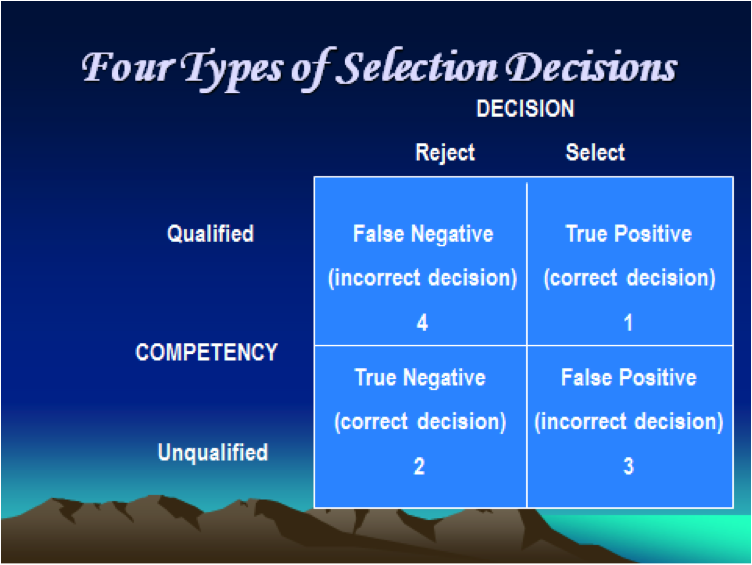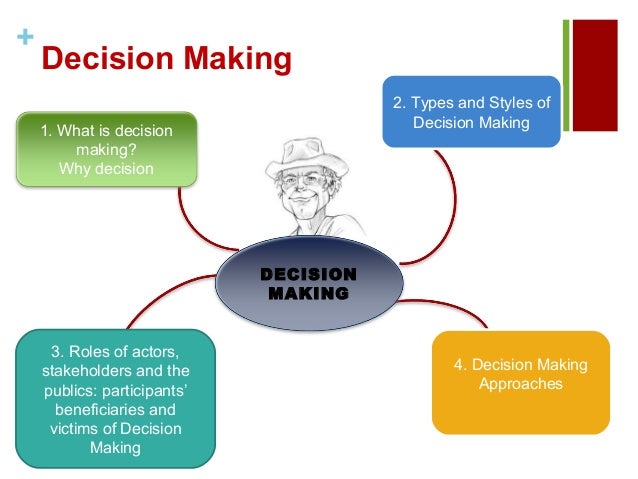
For example, at the Vanguard Group, executives are tireless in their preparations for a variety of events that could disrupt their mutual fund business. Proactive managers are sometimes able to get a jump on unstructured problems by realizing that a situation is susceptible to problems and then making contingency plans. Unstructured problems require novel solutions. These problems are most often unanticipated and are addressed reactively as they occur. These unstructured problems involve ambiguities and information deficiencies and often occur as new or unexpected situations. In all cases, the responses to uncertainty depend greatly on intuition, educated guesses, and hunches - all of which leave considerable room for error. Groups are frequently used for problem solving in such situations. Uncertainty forces managers to rely heavily on creativity in solving problems: It requires unique and often totally innovative alternatives to existing processes. Decision making under conditions of uncertainty is like being a pioneer entering unexplored territory. This condition is the most difficult for a manager. When information is so poor that managers can't even assign probabilities to the likely outcomes of alternatives, the manager is making a decision in an uncertain environment. These managers are installing early‐warning crisis information systems and developing crisis management plans to deal with these situations in the best possible ways. Managers in more progressive organizations now anticipate that crises, unfortunately, will occur. The Chernobyl nuclear plant explosion in the former Soviet Union and the Exxon Valdez spill of years past are a couple of sensational examples. No organization can avoid crises, and the public is well aware of the immensity of corporate crises in the modern world. This fact explains why the demands on a manager's conceptual skills increase as he or she moves into higher levels of managerial responsibility.Ī crisis problem is an unexpected problem that can lead to disaster if it's not resolved quickly and appropriately. Most problems faced by higher‐level managers demand nonprogrammed decisions. Although computer support may assist in information processing, the decision will most likely involve human judgment. The information requirements for defining and resolving nonroutine problems are typically high. When new and unfamiliar problems arise, nonprogrammed decisions are specifically tailored to the situations at hand.


Risk is a fairly common decision condition for managers. A manager may understand the problem and the alternatives, but has no guarantee how each solution will work. In a risk environment, the manager lacks complete information. Proactive managers can plan processes for handling these complaints effectively before they even occur. For example, personnel problems are common in regard to pay raises, promotions, vacation requests, and committee assignments, as examples. A manager can often anticipate these problems and plan to prevent or solve them. Structured problems are familiar, straightforward, and clear with respect to the information needed to resolve them. Today, an increasing number of programmed decisions are being assisted or handled by computers using decision‐support software. A good example is the decision to reorder inventory automatically when stock falls below a determined level. These solutions are already available from past experiences and are appropriate for the problem at hand. When problems tend to arise on a regular basis, a manager may address them through standard or prepared responses called programmed decisions. The challenge is simply to study the alternatives and choose the best solution. This condition is ideal for problem solving. All managers make decisions under each condition, but risk and uncertainty are common to the more complex and unstructured problems faced by top managers.ĭecisions are made under the condition of certainty when the manager has perfect knowledge of all the information needed to make a decision. Managers make problem‐solving decisions under three different conditions: certainty, risk, and uncertainty.

Types of decision making iso#
World‐Class Quality: ISO 9000 Certification.Productivity and Total Quality Management.Effective Organizational Control Systems.Five Approaches to Organizational Design.Factors Affecting Organizational Design.Decision Making with Quantitative Tools.Conditions that Influence Decison Making.Introduction to Managerial Environments.


 0 kommentar(er)
0 kommentar(er)
